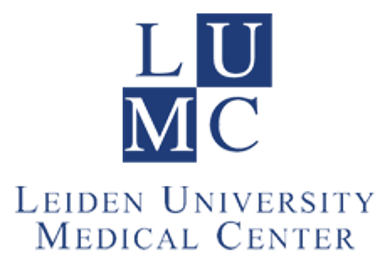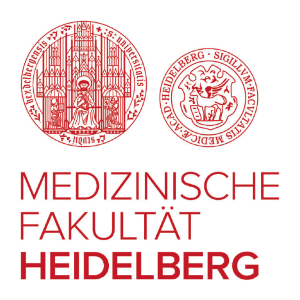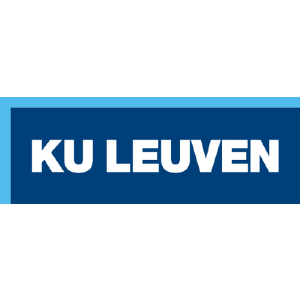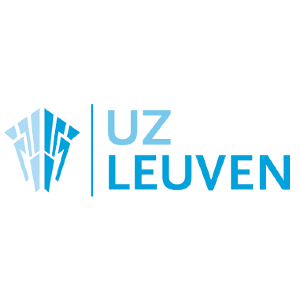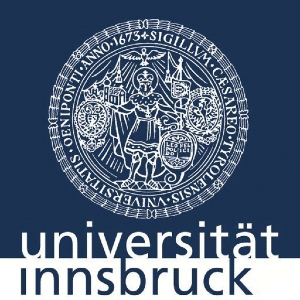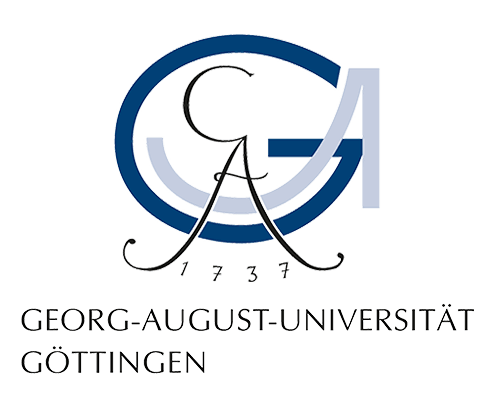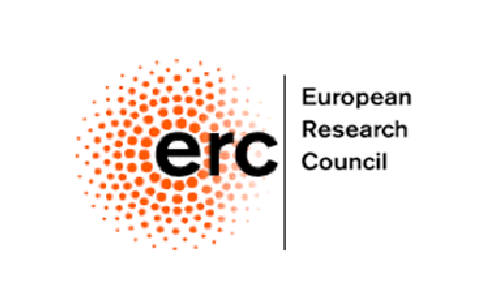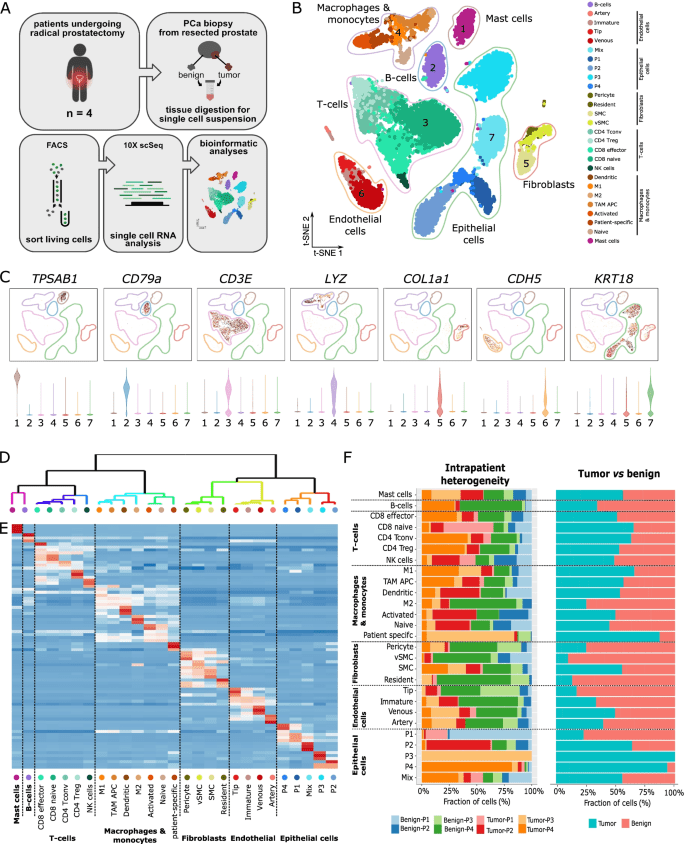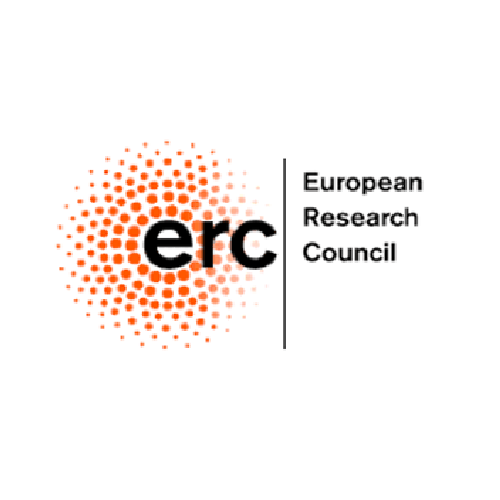Situation
Prof. Mazzone, affiliated with KU Leuven and the Flemish Institute for Biotechnology, focuses on the molecular and cellular partners controlling inflammatory cell skewing and their roles in cancer and chemo-/immunotherapy responses. He has published over 175 articles in prestigious journals like Nature, Science, and Cell, with more than 22,000 citations and an H-index of 70.
The Mazzone lab is dedicated to translating basic science into future therapies. Notable achievements include licensing Colonokit™, a blood monocyte-based test for colorectal cancer detection, to the Belgian company DNA Lytics, and co-developing a drug with dual functions as a MET inhibitor and immunostimulator, which entered a Phase II clinical trial in 2018. The lab is also running over five ongoing drug discovery programs in collaboration with VIB Drug Discovery Sciences and CD3 (Leuven). Prof. Mazzone collaborates with pharmaceutical companies such as CoBioRes, Thrombogenics, Janssen Pharmaceutica, and Merus. He is a scientific founder of the oncology companies Oncurious and Montis Biosciences and has secured seed capital as a solo founder for a third spin-off.
Challenge
In 2016, prof. Mazzone envisioned that it might be possible to overcome immunotherapy resistance by targeting metabolic enzymes. The key challenge was to identify which of the ±2,000 metabolic enzymes would have a sensitizing effect. Here the ambition was to incorporate both in-house data and publicly available datasets, leveraging a meta-analysis strategy previously designed by one of Unicle’s co-founders.
Solution
The data-driven meta-analysis strategy used, integrated public and in-house data to prioritize metabolic targets for their association with immunotherapy resistance. Here we defined search filters to identify gene expression studies that included pretreatment samples of cancer patients, where immunotherapy response was prospectively followed up. We used a custom-tailored search filter to search GEO, ArrayExpress, and PubMed for relevant data. We identified three relevant bulk RNA-seq studies, comprising 80+ samples. hereafter, we analyzed each dataset separately to identify genes associated with immunotherapy resistance.
As a next step in the analysis, we integrated the results into a meta-analysis and filtered for metabolic genes specifically. We then provided a ranked list to the Mazzone lab, who subsequently validated in the wet lab and found immunotherapy sensitizing effects for several op the top-ranking target genes. The Mazzone lab identified several independent human cohorts in which Unicle consultants helped to quantify the association of the predicted targets with immunotherapy resistance using survival regression analysis in multiple human validation cohorts.
Result
The team of Prof. Mazzone extensively screened the top 10 predicted targets to enhance murine tumor responses to immunotherapy. They then conducted thorough validation using human tissues and detailed mechanistic characterization. Notably, findings on two targets have been published in Nature Cancer (IF22.7), with a third target undergoing revision for another prestigious journal. Beyond academic achievements, the lab has initiated multiple patent filings based on these discoveries, underscoring their potential translational impact in cancer treatment.
Key results
High-impact publication
Building bioinformatics capabilities
Translational real-life impact

Unicle resources
“Finally a tool for biologists to apply bioinformatics without scripting, allowing us to focus on thinking“
Prof. Massimiliano (Max) Mazzone
Department of Oncology, Faculty of Medicine, KU Leuven
Group lead Laboratory of Tumor Inflammation and Angiogenesis, VIB
Background client and contact details

